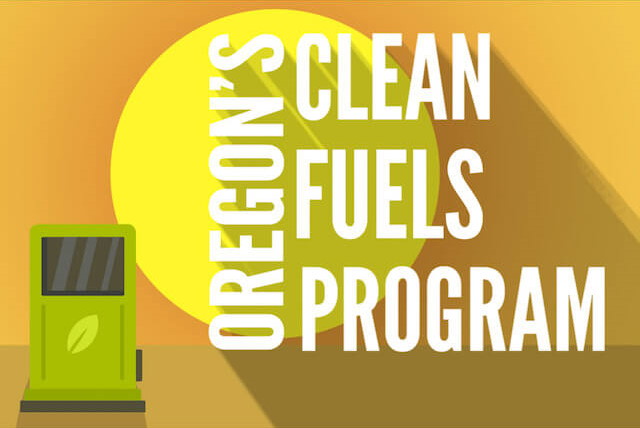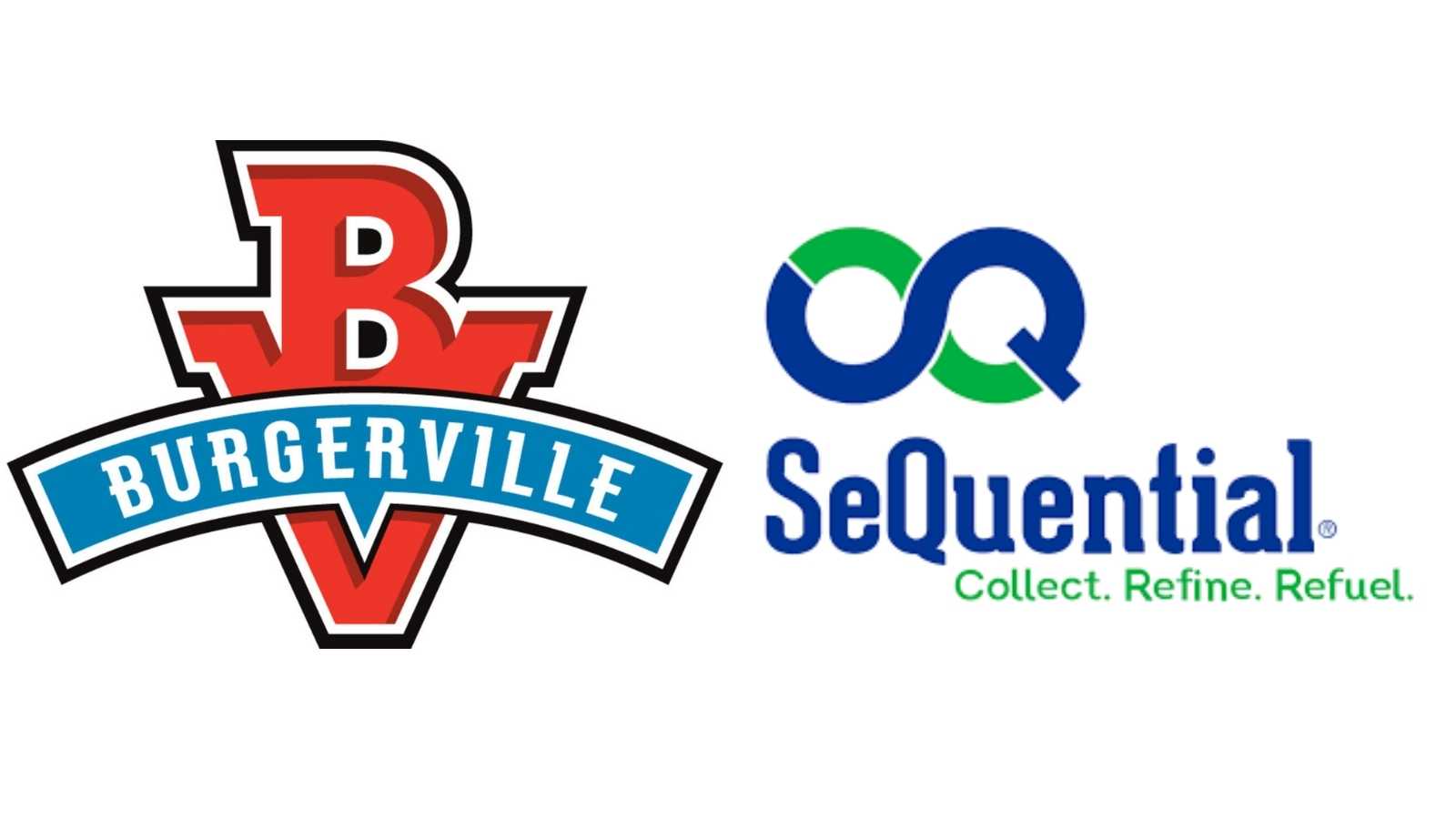Did you know that your french fries can help save the planet? Your fish and chips fuel a diesel engine?
Big and small restaurants, including Burgerville, around the region are part of a growing network that has their used cooking oil collected by local biofuels companies and refined into sustainable, cleaner-burning transportation biodiesel blends for a wide range of vehicles. The PNW-loved premium fast food restaurant has been recycling their oil with SeQuential for over ten years, resulting in 840,000 gallons of biodiesel!
How is this possible? Oregon has the Clean Fuels Program to help us accelerate the transition from fossil fuels to cleaner burning, locally produced fuels. As our Oregon Department of Environmental Quality looks to expand the state Clean Fuels Program, major oil companies and startups alike will invest more in the necessary production facilities, infrastructure, and partnerships to quickly and affordably supply renewable fuels across the state—just like in California and Washington State.

Urge Oregon DEQ to expand the Clean Fuels Program
Click here to read our testimony guide
Join us in voicing support for the strongest climate protections possible by submitting written comments by 4:00 pm on July 21, 2022.
This innovative program creates local jobs, helps transform existing oil-industry jobs into green jobs, and generated over 25 million dollars in economic development in 2021.
The Clean Fuels Program also means that restaurants like Burgerville and hundreds of others in the region can do something about climate change simply by participating in cooking oil recycling. Local companies, like SeQuential, collect the waste oil for conversion into clean-burning, carbon emission- and pollution-reducing fuels as one source of low-carbon fuels.
There are many co-benefits when we “close the loop” and create a circular economy for transportation fuels, and the restaurant sector was hit hard by Covid-19. Burgerville wants to take a climate-friendly approach to fast food—one that improves the health of people. Burgerville has always been invested in the Pacific Northwest. Partnering with SeQuential is one part of our commitment to take care of our land, communities and employees.
We can all breathe easier, as these fuels are cleaner burning than fossil diesel fuel—good news for childhood asthma, our lungs, and local air quality, especially in communities near highways. And by being low carbon, clean fuels help us meet the climate science and our state goals to cut more climate pollution to cool the planet.
Additionally, since these cleaner burning, low emission renewable fuels can be made from locally-sourced used cooking oil and other waste materials, Oregon is positioned as a leader in the sustainable economy. An expanded Clean Fuels Program will help us scale these technologies, providing cost-savings and creating jobs for people and families across Oregon.
Turns out your fries can help power a truck—and accelerate the transition to cleaner air and cleaner fuels.
–Janice Williams is Senior Vice President of Operations for Burgerville. With 39 restaurants around the Pacific Northwest, Burgerville partners with nearly 1,000 regional farmers, ranchers, and food producers to create delicious menu items from fresh, local ingredients.
–Elise Leritz-Higgins is Marketing Manager for SeQuential. SeQuential, together with their parent company Crimson Renewable Energy, is the only large-scale biodiesel producer in Oregon and one of the leading used cooking oil collectors in the nation.
